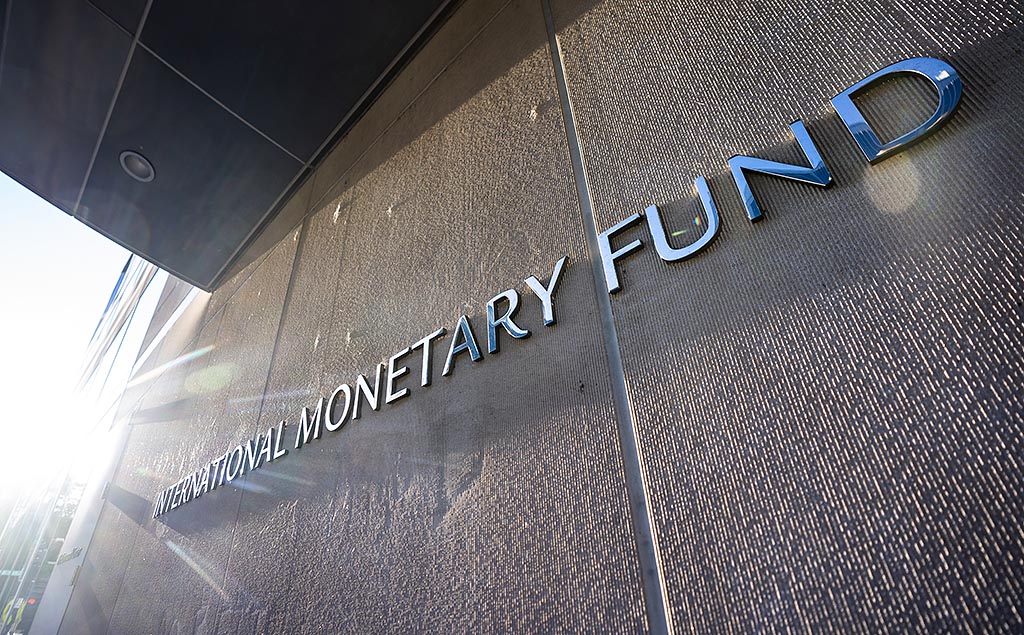By Elmar Forster
The “International Monetary Fund” (IMF) is getting serious about implementing the Great Reset as a shadow government: by asking European governments to pass on rising energy costs directly to consumers in order to “save energy” and facilitate the transition to to promote more environmentally friendly energy sources – as it is formulated. At the same time, he calls for protecting poorer households – as reported by the Financial Times , quoting the deputy director of the IMF’s European department. ( vadhajtasok )
Rejection of “broad support”
But behind the IMF’s call on governments to switch from broad support measures to targeted aid, there are not only reasons for profit: according to IMF estimates, the costs of combating rising energy prices in many countries this year would rise by 1.5 percent due to far-reaching price reduction measures exceed economic output. This would be more expensive than offsetting the rise in the cost of living of the poorest 20 percent of households (which the IMF estimates will average only about 0.4 percent of gross domestic product by 2022).
A vicious circle is set in motion
As a result, however, this IMF measure leads to a constant pauperization of the masses, the economic destruction of the hitherto independent middle class and their total dependence on state support measures, which in turn are financed by the IMF with loans, in order to then in turn make further specifications to the governments. The next steps, such as the abolition of cash or the demobilization of private transport, are then only a matter of time: because those with no income only have to be assured of their basic needs.
In this respect, the dance towards the Great Reset continues at a breathtaking pace: the indebtedness of the states due to Covid aid measures, then as a result of war spending and economic support for war-ravaged Ukraine lead to direct dependence on the IMF and at the same time to disempowerment national governments. In reality, a de-democratization of the already existing facade democracies.
Disempowerment of democratically elected nation states
After Hungary was the first country to introduce energy price caps, other countries like France, Spain and Portugal followed, there are also electricity tax cuts in Germany and the Netherlands, energy subsidies in Italy, Greece, Germany and the UK.

